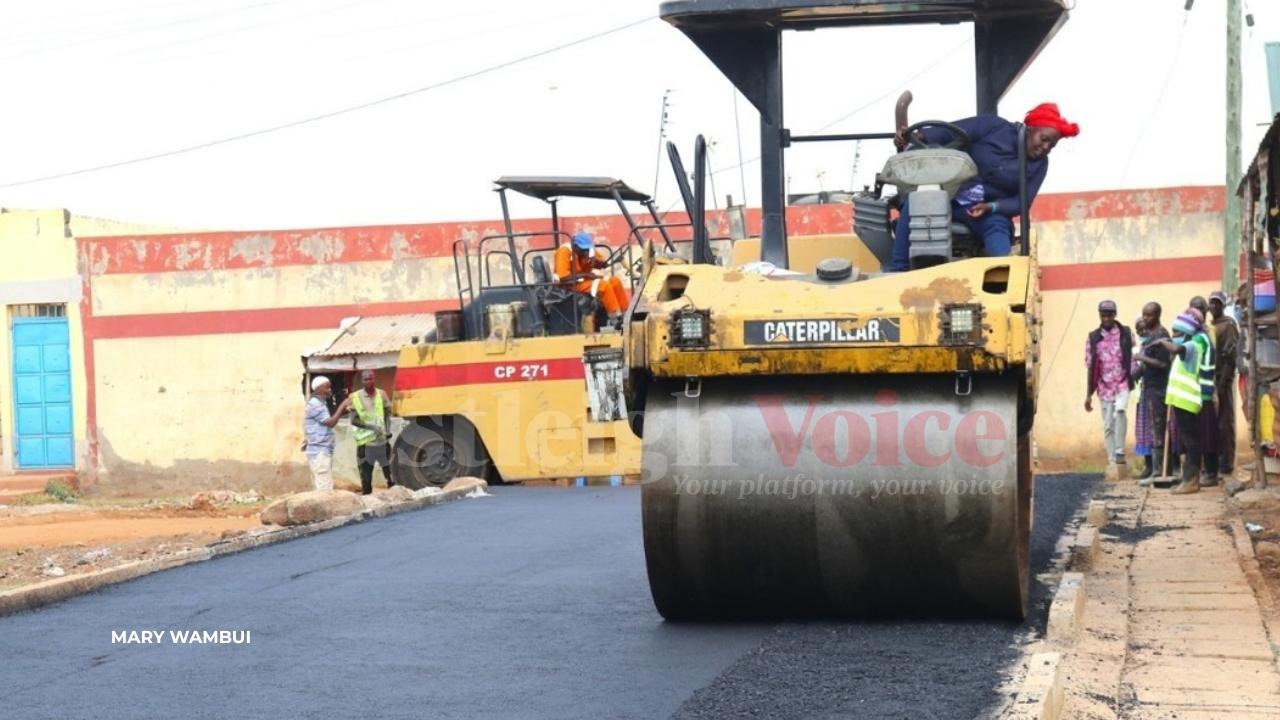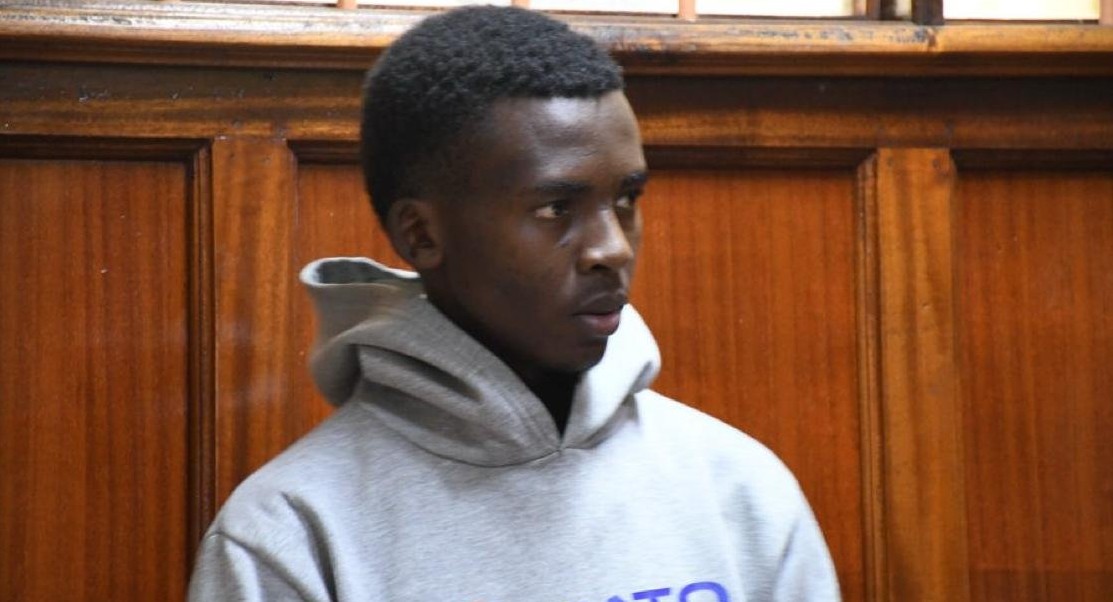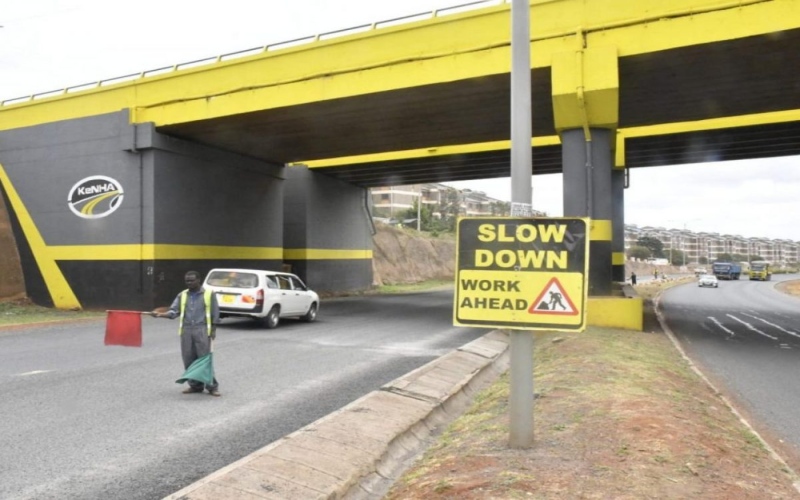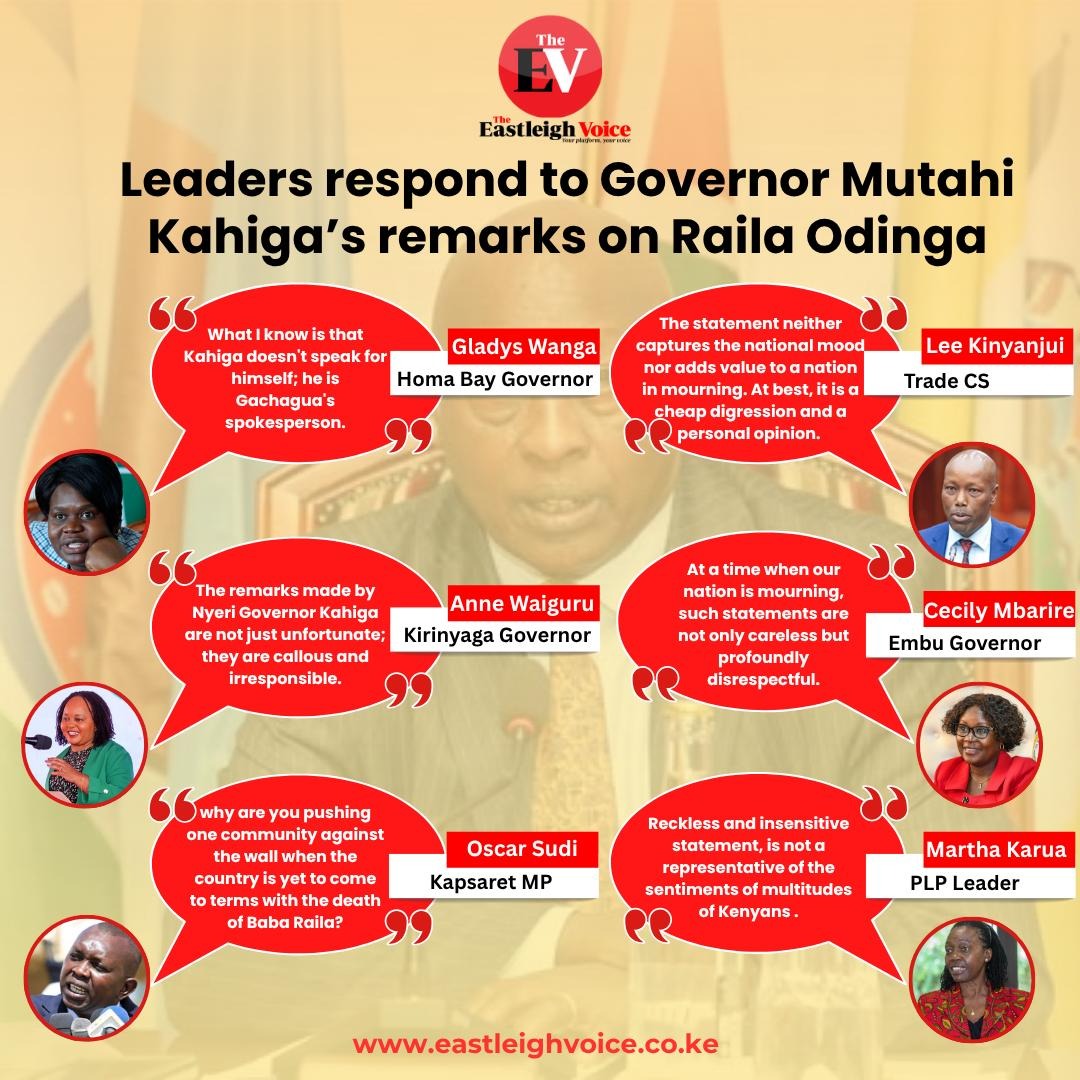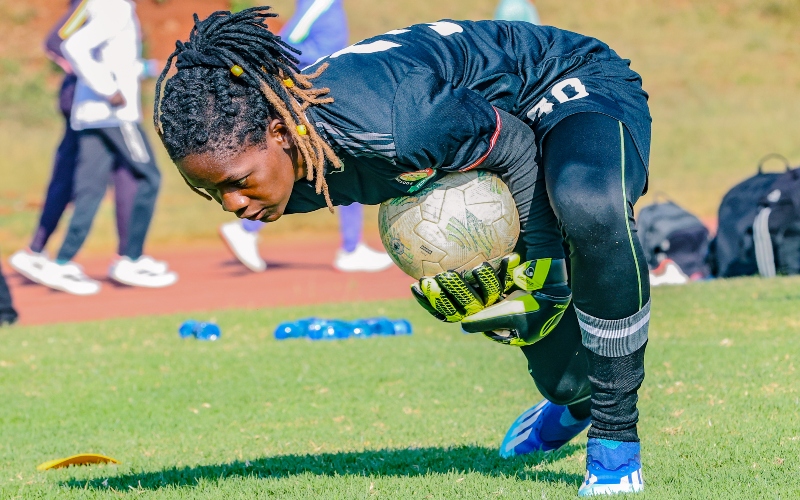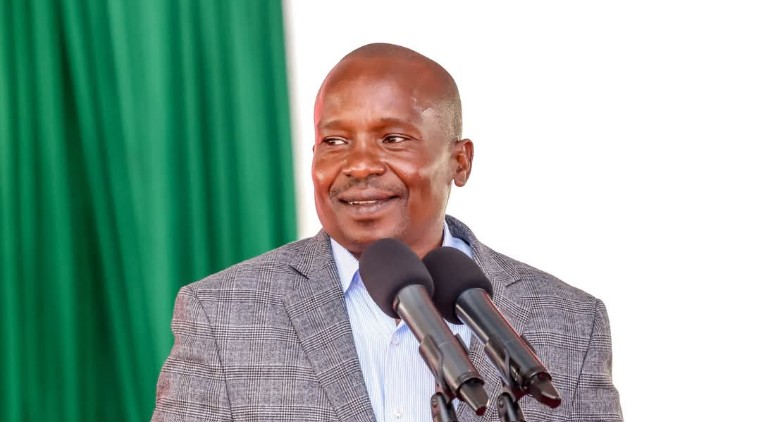WHO says polio eradication still feasible despite Sh219 billion funding cuts
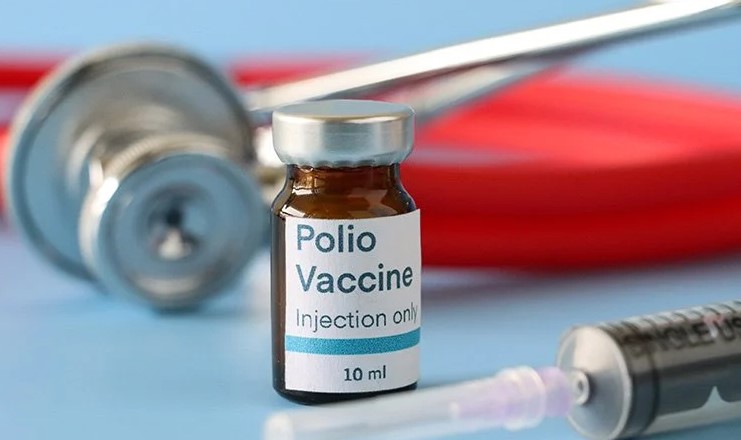
Although the virus has been wiped out in most of the world, polio remains endemic in Afghanistan and Pakistan, where insecurity and limited access continue to hamper vaccination drives.
Global health officials said on Tuesday that the world can still eliminate polio despite looming financial shortfalls. They announced a revised strategy to sustain the decades-long eradication drive.
Although the virus has been wiped out in most of the world, polio remains endemic in Afghanistan and Pakistan, where insecurity and limited access continue to hamper vaccination drives.
Outbreaks of vaccine-derived strains, caused when weakened viruses from oral vaccines mutate in under-immunised populations, have also been reported in parts of Africa, the Middle East and Southeast Asia.
More To Read
- WHO says DRC could declare end of Ebola outbreak by December
- Last Ebola patient discharged as WHO starts countdown to end DRC outbreak
- WHO raises alarm as antibiotic resistance threatens global health gains
- Scientists discover brain cells linked to depression, offering hope for better treatments
- Inside El Fasher: A city under siege as hospitals and civilians face relentless attacks
- WHO says rebuilding Gaza’s shattered health system critical to a lasting peace
The Global Polio Eradication Initiative (GPEI), a partnership led by the World Health Organisation (WHO) and the Bill and Melinda Gates Foundation, faces a 30 per cent budget cut from 2026 and a $1.7 billion (Sh219.6 billion) gap through 2029, according to the global health body.
The funding cuts stem from a broader pullback in global aid, with the United States, under President Donald Trump, the United Kingdom and Germany among major donors reducing contributions.
To cope, the programme will prioritise high-risk areas in Afghanistan and Pakistan, where wild poliovirus is still circulating, while scaling down efforts in regions with lower transmission risks. It will also strengthen surveillance systems and routine immunisation to guard against fresh outbreaks.
"The significant reductions in funding... mean that certain activities will simply not happen," said Jamal Ahmed, WHO's director of polio eradication.
According to Jamal, the initiative plans to collaborate more closely with other health programmes, such as measles vaccination campaigns, to cut costs and expand reach.
It will also rely more heavily on fractional dosing, a technique that uses just one-fifth of a vaccine dose while maintaining full protection. It is expected to stretch limited supplies and reduce costs.
In 2025, 36 cases of wild polio have been detected in Afghanistan and Pakistan, alongside 149 cases of the vaccine-derived strain reported in countries including Nigeria, the GPEI said.
Both figures are lower than last year's, suggesting progress despite ongoing challenges, with Jamal stressing that maintaining momentum was critical.
Top Stories Today
